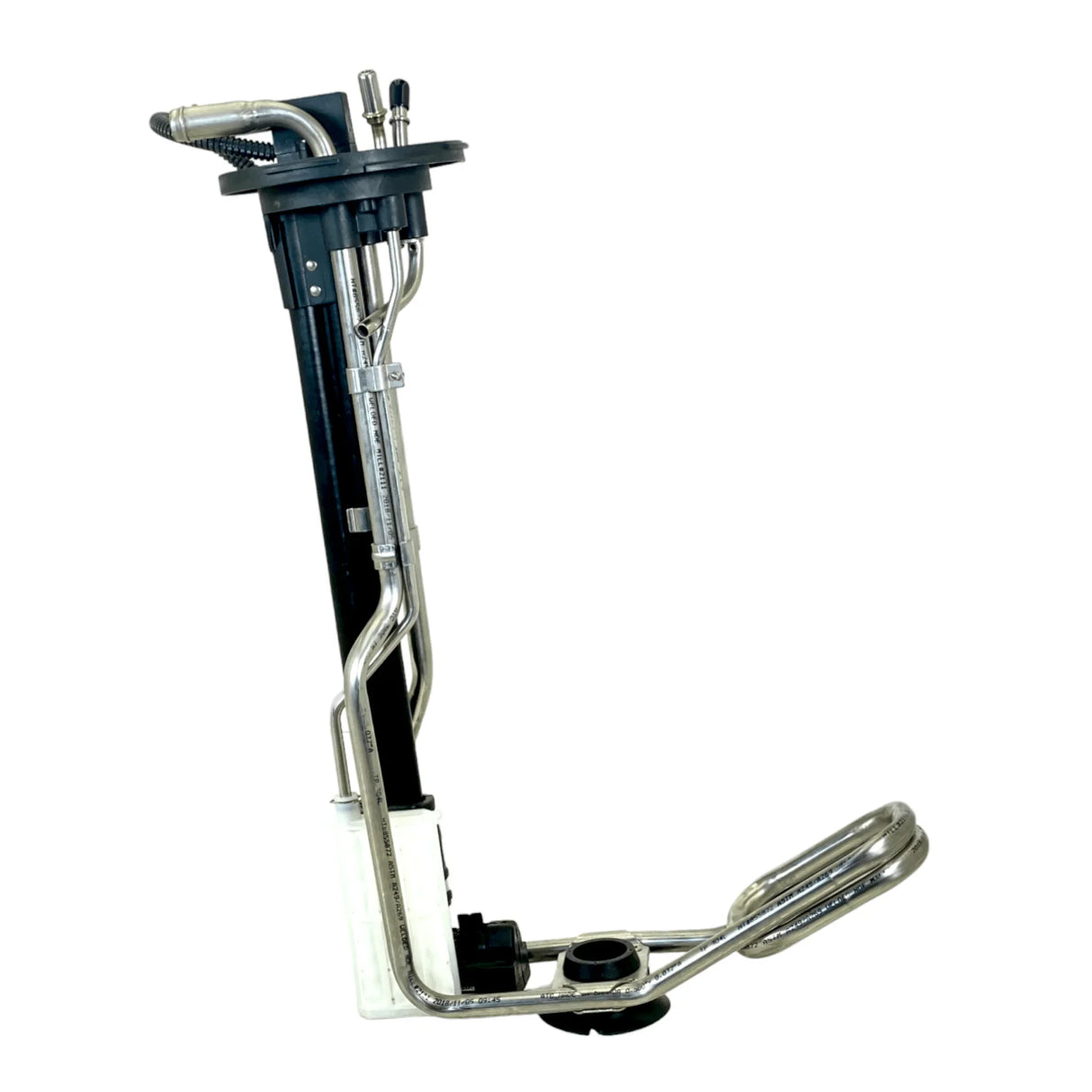1DFQ-70300 | Genuine Hyundai® Diesel Exhaust Fluid Header
1DFQ-70300 | Genuine Hyundai® Diesel Exhaust Fluid Header is backordered and will ship as soon as it is back in stock.
Couldn't load pickup availability
Need a quote?
Need a quote?
Contact us — we’ll send you a quick and accurate offer!
- help@forcetruckparts.com
- +1 (828) 233-5509
Return Within 30 Days
Return Within 30 Days
- The item can be returned within 30 days from the date of receipt.
- Not satisfied? Contact us by email or phone for return instructions or exchange
Shipping Terms
Shipping Terms
- Enjoy free shipping on orders over $100.
- Orders placed before 6:30 PM (EST) are shipped the same day.
Description:
A Diesel Exhaust Fluid (DEF) header 15G QLS SSI 1DFQ-70300 is a key component in a diesel vehicle’s emissions control system, specifically within the Selective Catalytic Reduction (SCR) system. The DEF header (also called a DEF tank head or DEF sender assembly) is the unit mounted on or inside the DEF tank. It monitors and manages the Diesel Exhaust Fluid that’s injected into the exhaust to reduce harmful nitrogen oxide (NOx) emissions.
Part Number: 1DFQ-70300, 1DFQ70300
Condition: New
Manufacture/Brand: Hyundai
Fits 1DFQ-70300 For Cummins ISB 6.7L, B6.7, International/Navistar
Purpose of using 1DFQ-70300:
|
Signs of a Bad Diesel Exhaust Fluid Header 1DFQ-70300:
|
1. Warning Lights and Fault Codes
2. Incorrect DEF Level Reading
3. DEF Freezing or Not Thawing
4. DEF Quality or Concentration Errors
5. Engine Derate or Power Limitation
6. Crystallization or Contamination
|
About the Manufacturer – Hyundai:
Hyundai Motor Company, founded in December 1967 and headquartered in Seoul, South Korea, is a multinational automotive manufacturer with a global footprint.
The name “Hyundai” is derived from the Korean word for “modernity” or “contemporary”, reflecting the company’s aim to build vehicles for the modern era.













